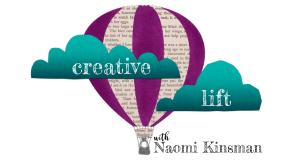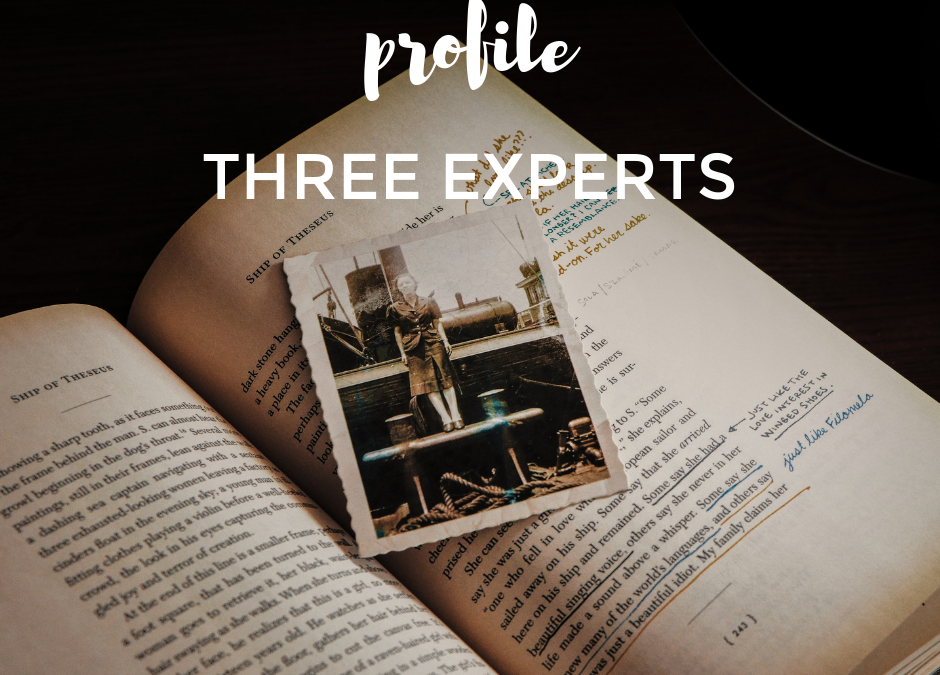
Writerly Play Kit 003 – Choosing Your Dream Mentor
Writerly Play Kit: 003
Creative Thinking: Choosing Your Dream Mentor
WP Kit: 003
Choosing Your Dream mentor
If you’re like me, when you think of mentorship, you imagine sitting face to face with someone you admire and being guided from where you are now to the next step. Often, an in-person mentor IS the right next step. However, I’ve found that sometimes a dream mentor can be found in unexpected places. Sometimes the thinking it takes to personalize the messages you hear from a podcaster, an author, or a thought-leader, empowers you more fully. In these cases, you’re the one shaping your learning question, finding the resources, and keeping yourself on-track in the day-to-day. Plus, consider the doors this approach offers! You can mentor with anyone. Who is your dream mentor? In this Writerly Play Kit, we’ll explore a variety of ways you can make those dreams come true.

Featured articles
CREATIVE LIFE
HOW TO BE MENTORED BY YOUR HERO
My wish? To be mentored by Madeleine L’Engle.
So, naturally, in my twenties, I wrote a letter to her.
I knew the chances of hearing back were low. She was busy and surely couldn’t respond personally to every reader. Knowing these truths didn’t stop me from harboring a fantasy that somehow, in some way, my letter would spark a connection between the two of us.
CREATIVE LIFE
YOU ARE THE EXPERT AT BEING YOU
Is it possible for someone else to know how to be YOU better than you do? Sure, coaches and mentors are essential to our growth. Exploring opportunities, investing in development and being teachable are all important. However, in the end, the person who knows the right next step for you to take is … you’ve got it. You.
BOOK FLIGHT
WHAT I LEARNED FROM MADELEINE
While I’ll be delighted if this collection sends you straight to the library to pick up a L’Engle title, I hope it also inspires you to read a flight of books by one of your author-mentors. Examining an artist’s work over a range of genres offers a rich thinking experience, and provides insight into that ever-elusive question: What makes up a writer’s voice?
“A mentor is someone who allows you to see the hope inside yourself.”
–Oprah Winfrey
The Writerly Play LIBRARy

Wondering what Writerly Play is all about?
Writerly Play is designed to help you make the most of your creative potential. Each Writerly Play Kit is designed to help you stretch your thinking skills and develop practical strategies perfectly fit for you.
Want a shortcut? If you don’t have time to read today, but want a quick win, try this quick quiz to identify your creative strengths and weaknesses:
Once you know what works best for you, you need a perfect-for-you plan. Writerly Play functions more like a map rather than a cookie-cutter recipe. First, you’ll locate yourself on the map. Then, with a clear understanding of where you are, you can make informed choices about your next best steps.
Activities
Assemble a Think Tank of Mentors
FOR INVENTORS
Identify one-of-a-kind insights by connecting wisdom from an eclectic group of experts.
Create a Learner's Book Club
FOR COLLABORATORS
Explore what’s important to you in your idea by digging deep with a friend.













